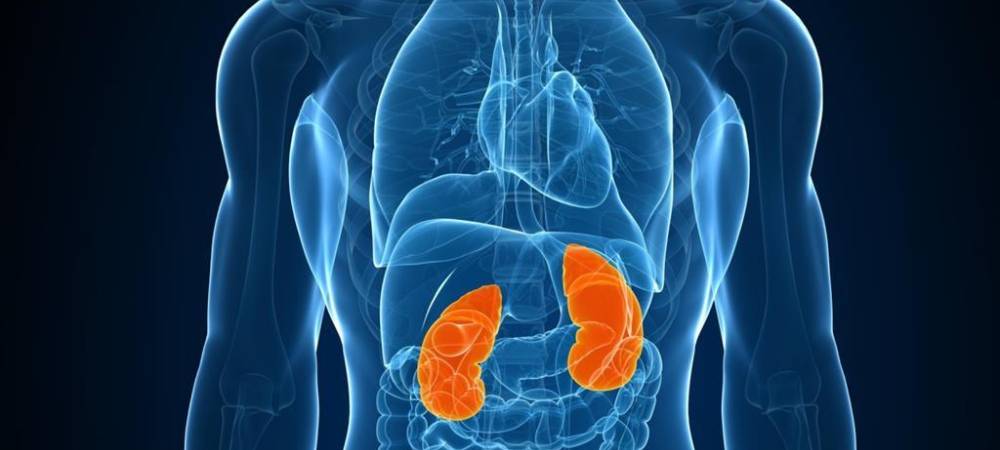Kidney Disease
Home : : Critical Care Medicine : : Kidney Disease
Our Critical Care Medicine

You have two kidneys. They are bean-shaped organs that are located toward your back, on either side of your spine, just underneath the rib cage. Each kidney is about the size of your fist.
Your kidneys have many jobs, but their main job is to filter (clean) your blood, getting rid of toxins (wastes) and excess salt and water as urine. If your kidneys are damaged and don’t work as they should, wastes can build up in your blood and can make you sick. Your kidneys also balance the amount of salts and minerals in your body, make hormones that control blood pressure, make red blood cells and keep your bones strong.
What are the symptoms of Kidney Disease?
For kidney disease diagnosis, you may also need certain tests and procedures, such as:
- Blood tests: Kidney function tests look for the level of waste products, such as creatinine and urea, in your blood.
- Urine tests: Analyzing a sample of your urine may reveal abnormalities that point to chronic kidney failure and help identify the cause of chronic kidney disease.
- Imaging tests: Your doctor may use ultrasound to assess your kidneys’ structure and size. Other imaging tests may be used in some cases.
- Removing a sample of kidney tissue for testing. Your doctor may recommend a kidney biopsy to remove a sample of kidney tissue. Kidney biopsy is often done with local anesthesia using a long, thin needle that’s inserted through your skin and into your kidney. The biopsy sample is sent to a lab for testing to help determine what’s causing your kidney problem.
Diagnosis of Kidney Diseases
In the early stages of kidney disease, you usually don’t have noticeable symptoms. As the disease worsens, symptoms may include:
- A need to pee (urinate) more often.
- Tiredness, weakness, low energy level.
- Loss of appetite.
- Swelling of your hands, feet and ankles.
- Shortness of breath.
- Blood in your urine; foamy urine.
- Puffy eyes.
- Dry and itchy skin.
- Trouble concentrating.
- Trouble sleeping
- Numbness.
- Nausea or vomiting.
Who is at risk for Kidney Disease?
You are more at risk for chronic kidney disease if you:
- Have diabetes.
- Have high blood pressure.
- Have heart disease.
- Have a family history of kidney disease.
- Have abnormal kidney structure.
- Are over 60 years of age.
- Have a long history of taking painkillers
